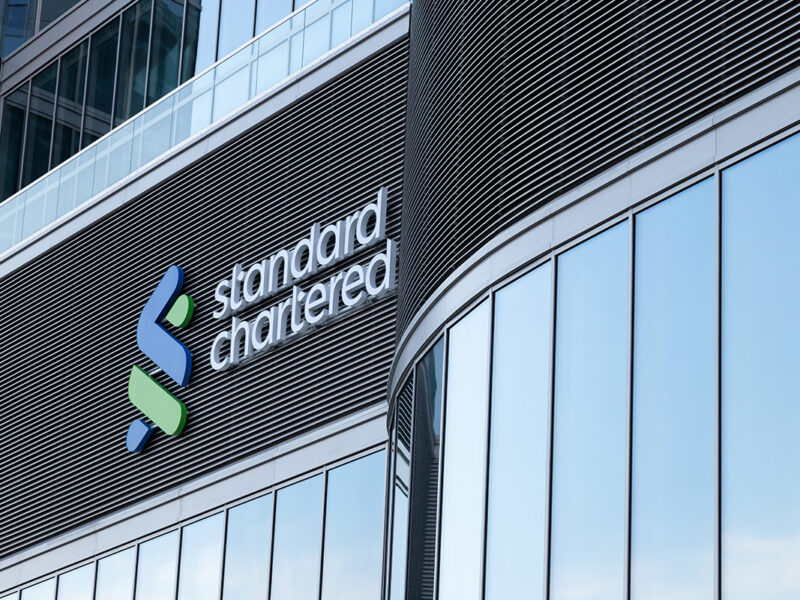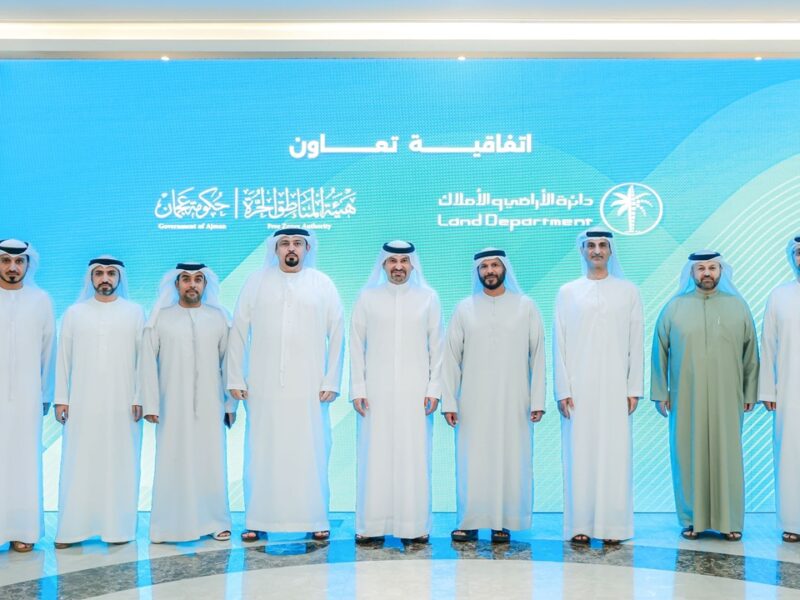The great and not so good of the world of politics met last month
at the Cancun Climate Conference. The usual to-ing and fro-ing ensued and eventually
the sort of compromise was made where no one was really happy with what had been
agreed but happy enough that they didn’t have to talk about finding an agreement
for another couple of years.
It reminded me of a conference on biofuels I went to a number
of years ago. Biofuels, were once hailed as cure-all
fuel answers to the world’s energy problems, until someone pointed out that people
would be able to drive cars in 2050 but there wouldn’t be any food to eat at the
restaurant they were driving to.
At stake was the control and supply of the most lucrative market
for biofuels in the world (the EU), with the debate polarised between bioethanol
and biodiesel.
The EU at the time had seen biodiesel fed from its own farm land
as a stone that could kill a number of irritating birds at the same time: chiefly
its subsidised farmers, its car making industries and its own mandate of becoming
a greener part of the world.
The conference was a mixed bag of civil servants, vehicle manufacturers,
agri-business reps, and some invitees from various non-EU countries that wanted
to lobby the delegates to lower the barriers for non-EU fuel types like bioethanol.
The conference was largely a surreal experience, not just because
it was set in an old church hidden deep in the old quarter of Seville but because there was very little debate.
An exception was one delegate, a Brazilian speaker, who made
a brilliant appeal to the delegates saying that if the EU was truly intent on becoming
greener it needed to be able to create an open market. That would mean that Brazil could wash
the market with bioethanol but it would also mean the consumer would also get a
better deal.
However his appeal was largely ignored.
This was the EU. The solution was to be biodiesel.
Mis-guided and mis-informed political thinking really could be
one of the biggest threats to progression of the green agenda in the construction
industry.
Already the EU is questioning its own mandatory targets for a
tenth, or B10, of its road fuels blended with renewable sources such as biodiesel
by 2020 (the target itself is a re-adjustment from what was originally intended
to be 2010).
Even its own advisors have had serious misgivings about the effect
of biodiesel on food prices and biodiversity.
And so they should – Mexico
saw serious rioting in 2007 when the price of corn rose by 400 percent, with the
use of corn as a feedstock in the nascent biofuels market in the US seen as one of
the main culprits.
Meanwhile manufacturers like Cat and Volvo may produce engines
that are comfortably in the 5 percent blend range but most are uncertain of the
long-term viability of higher blends beyond that.
The Middle East continues to inherit a number of green hand-me-downs,
that have
been modified to meet targets set out by the US and the EU
for the lowering of vehicle emissions. Not a problem as long as they’re affordable
and can operate within its existing infrastructure.
Cynical observers may argue that the new standards help manufacturers
and distributors to do what they like best. Fiddle with the insides a bit and stick
a new letter at the end of the model series number. That may be unfair but the point
was made to me recently, rightly, that buyers in the Middle
East will soon have no choice but to buy the compliant versions.
It’s not so difficult to believe that there’s every chance that,
if oil prices hadn’t fallen over the last two years, this latest generation would
have been designed specifically to comply with higher blend mandates – whatever
the manufacturing costs. Simply because the political and agri-business agenda was
placed ahead of an economical and ethical one.
Everyone wants greener vehicles, but we should never assume that
we’re being asked to buy them for the right reasons.
Stephen White, is the editor of PMV Middle East.









